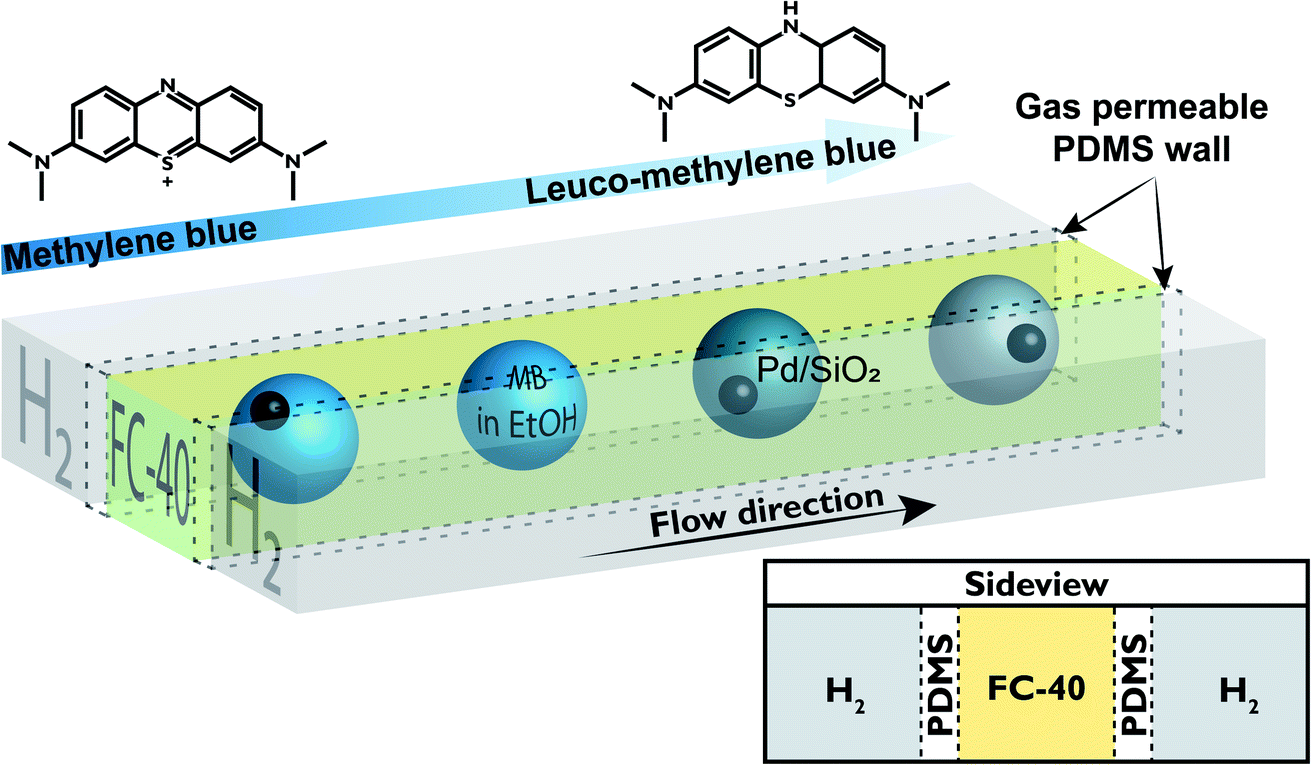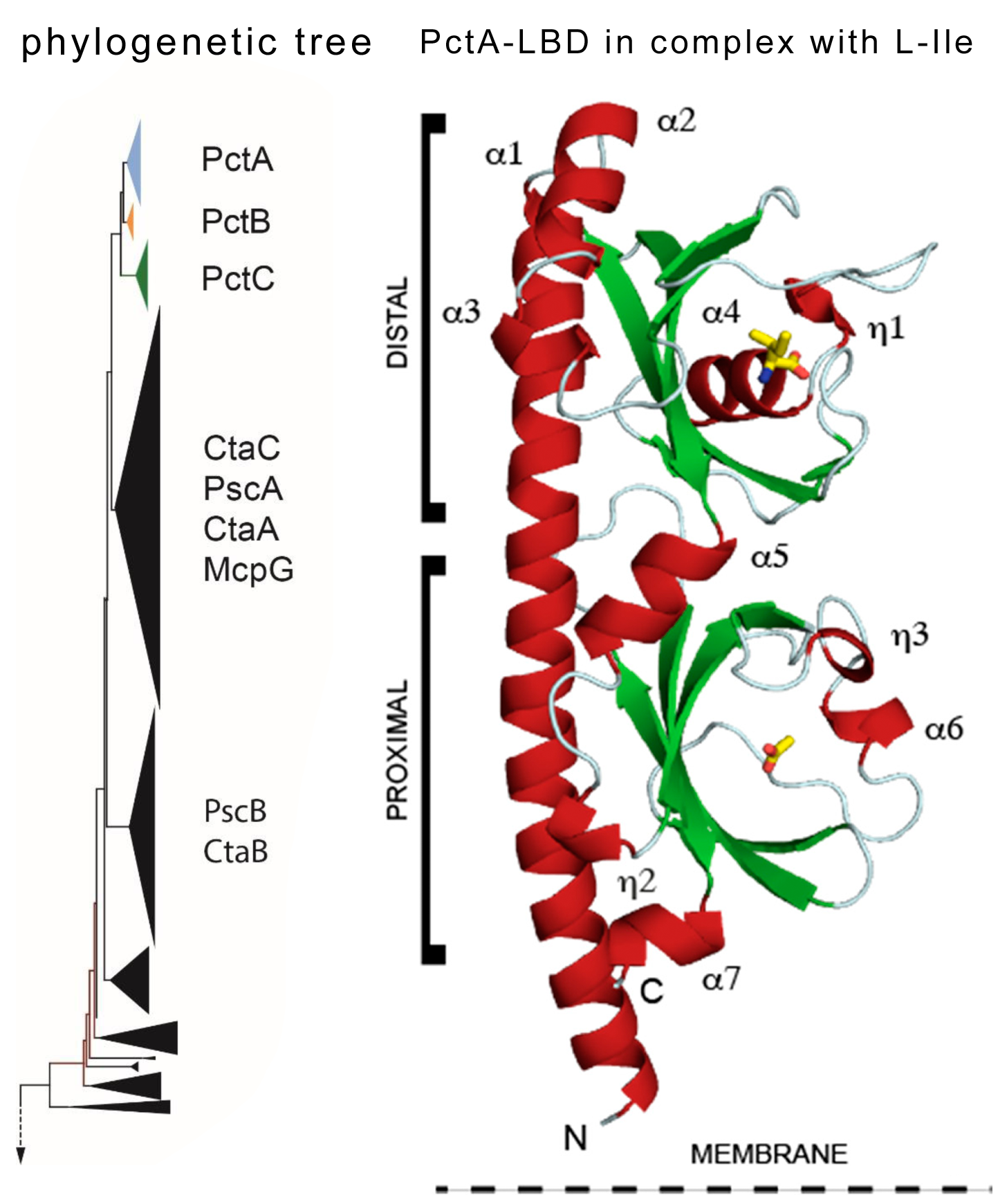
We offer many master mixes for PCR and real-time PCR that are validated for various instruments. Make sure to select the correct master mix to suit your experimental needs and PCR setup. They may additionally require thawing, chilling, dilution with PCR-grade water, and mixing via pipette or centrifuge. This is especially true for real-time PCR (also known as quantitative PCR or qPCR), which relies on a thermocycler that can detect the progression of the reaction based on the corresponding development of fluorescence from dye included in the master mix.Ĭommercial master mixes still need some preparation before use, if only to add template DNA or RNA. Most commercial PCR master mixes are designated for a particular type of PCR such as hot start or compatible with only certain thermocyclers. Many premade PCR master mixes are available to help save time and avoid errors in measurement and proportioning. Template DNA (if all samples will be uniform).Sometimes MgSO 4 is used with particular enzymes. Cofactor - Magnesium chloride (MgCl 2), is the most common.

Labs in preliminary investigation phases may vary the DNA or RNA templates while relying on the convenience of other premixed components.

Master mixes with hot start DNA polymerase are ideal for the following applications: PCR master mixes are is commonly used in the following applications: Our PCR Master Mix Calculator can help you plan out a master mix recipe for a custom batch of PCR reactions. These mixes circumvent reagents being entirely left out of a reaction, delivering false negatives as a result. Even for a batch of 20 reactions, researchers can save time, reduce pipetting errors, and improve consistency with a master mix. Large-scale PCR reactions can contain 2,000 or more individual 25 μL to 50 μL reactions. The appropriate amount of master mix can be pipetted into tubes or plate wells and combined with any components that vary among the reactions, such as DNA or RNA templates or primers. Instead, a large master mix containing all or most of the PCR reagents is prepared once.

The master mix enables researchers to set up controls and test different concentrations of their target DNA or RNA templates without having to individually add precise amounts of enzymes, buffers, cofactor (usually MgCl 2), water and dNTP to each reaction tube or plate well. Using a master mix reduces pipetting and risk of contamination, is convenient, saves time and preempts possible errors in mixing, making it ideal for high-throughput applications. The master mix usually includes DNA polymerase, dNTPs, MgCl 2 and buffer. A PCR master mix, sometimes known as super mix or ready mix, is a batch mixture of PCR reagents at optimal concentrations that can be prepared and divided among many PCR tubes or 96-well PCR plates.


 0 kommentar(er)
0 kommentar(er)
